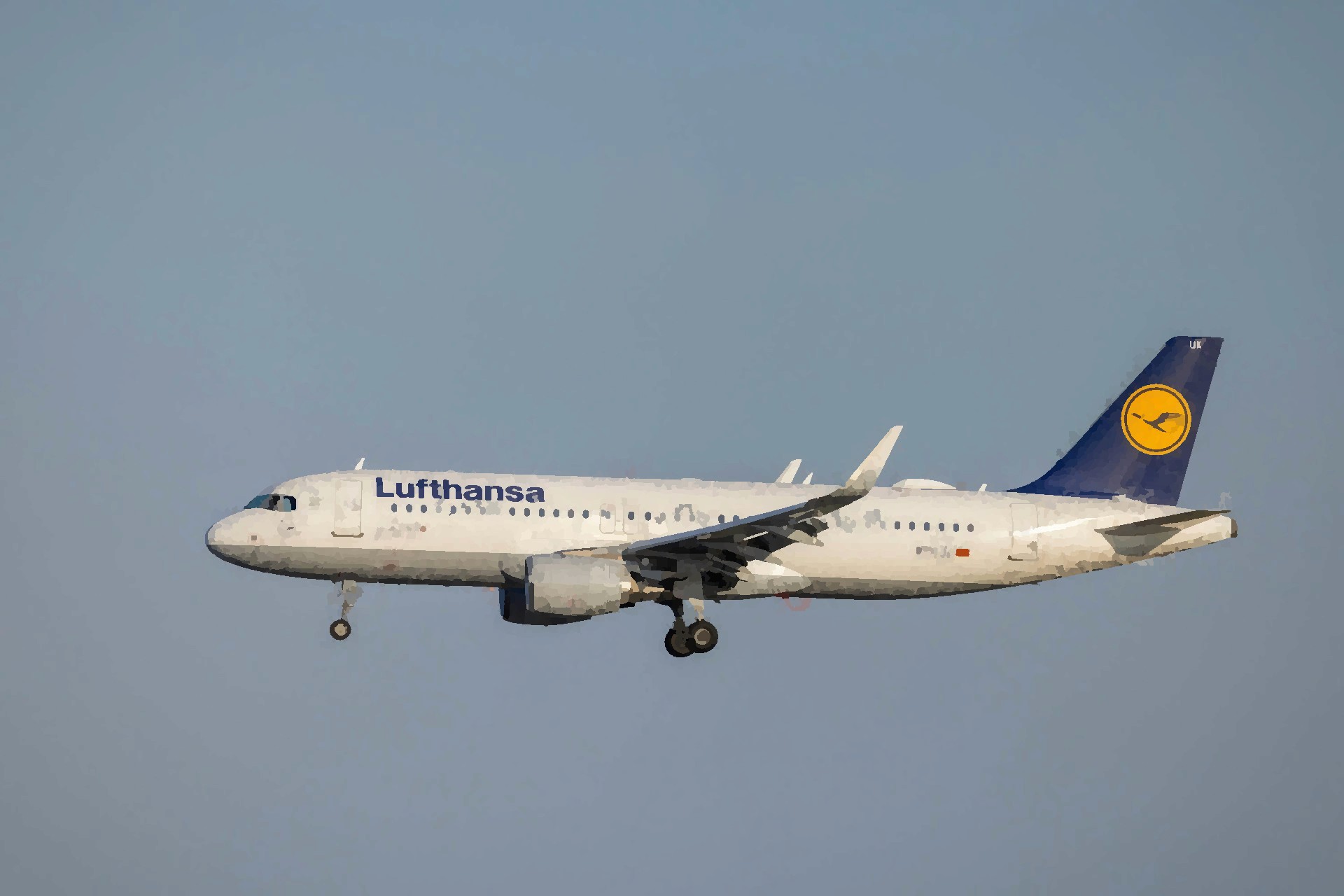MCC Course - What it is and how to prepare
Nov 6, 2024
An MCC (Multi-Crew Cooperation) course is specialized training designed to prepare pilots for working effectively in a multi-crew flight environment, typically as part of a commercial airline team. This course is essential for pilots moving from single-pilot operations to roles as co-pilots or first officers in multi-pilot aircraft, where cooperation, communication, and shared responsibilities are key to safe and efficient flight operations.
Unlike other advanced training programs, the MCC course doesn’t focus deeply on the technical systems of a specific aircraft. Instead, it centers on the interpersonal and operational skills needed to function smoothly within a two-pilot cockpit environment. The course emphasizes teamwork, task sharing, effective communication, decision-making, and managing workloads under various flight conditions. It trains pilots to handle both routine and emergency situations alongside a co-pilot, building habits and workflows that ensure coordinated and safe operations.
During the MCC course, pilots engage in simulator training and scenario-based exercises to practice multi-crew procedures, all without the pressure of a formal skill test at the end. This setup allows participants to focus solely on learning the collaborative aspects of cockpit management rather than achieving mastery of technical systems or facing an evaluative test. The goal is to equip pilots with a foundation in cockpit teamwork, ensuring they’re ready for the collaborative nature of commercial flight operations.
To best prepare for your MCC (Multi-Crew Cooperation) course on an A320 simulator, here are a few key steps you can take:
1. Familiarize Yourself with A320 Systems
Study the aircraft systems: Review the A320's electrical, hydraulic, pneumatic, and fuel systems. Knowing the basics of how these systems work will help you during the simulator sessions.
Learn the cockpit layout: Spend time studying the location of switches, buttons, and screens in the A320 cockpit, as this will save time during training and increase your confidence.
Use cockpit flow diagrams: Review the standard operating procedures (SOPs) and flow patterns for the A320 to understand how the pilots interact with the controls during different phases of flight.
2. Review Basic Flight Operations and Procedures
Study A320 checklists: Familiarize yourself with the checklists used for the A320 during pre-flight, takeoff, cruise, landing, and emergency situations.
Understand normal and abnormal procedures: Review the standard operating procedures (SOPs) and how to handle non-normal situations like engine failures or system malfunctions.
3. Brush Up on CRM (Crew Resource Management)
Teamwork and communication: The MCC course focuses on multi-crew coordination. Practice clear communication, effective delegation, and maintaining situational awareness in a multi-crew environment.
Decision-making under pressure: Be prepared to share responsibilities and make decisions collaboratively with your co-pilot.
4. Use Simulator Apps or Videos
A320-specific simulators or apps: There are A320 cockpit simulation apps that allow you to practice flows and procedures on your computer or tablet.
Watch YouTube videos or tutorials: There are many online resources, including real-world pilots' A320 procedure videos, that can help you visualize the flow and operations of the A320 cockpit.
5. Study MCC Theory
Review the MCC course material: Go through the theoretical aspects of MCC, including CRM principles, leadership, and workload management.
ATPL Theory Review: Refresh your knowledge of IFR procedures, aviation law, and general flight theory if it’s been a while since you completed your ATPL exams.
6. Practice SOPs and Flows
Simulate scenarios with a partner: Try rehearsing standard operating procedures and cockpit flows with a partner or by yourself, imagining you are in the right-hand or left-hand seat.
Briefings and debriefings: Practice crew briefings for different stages of flight to ensure you are ready to effectively communicate during the course.
Being well-prepared with technical knowledge and strong CRM skills will help you get the most out of your MCC course and increase your confidence during the A320 simulator sessions. But don't worry, the course is there to prepare your for a two Pilot Cockpit so you do not require deep technical knowledge.




